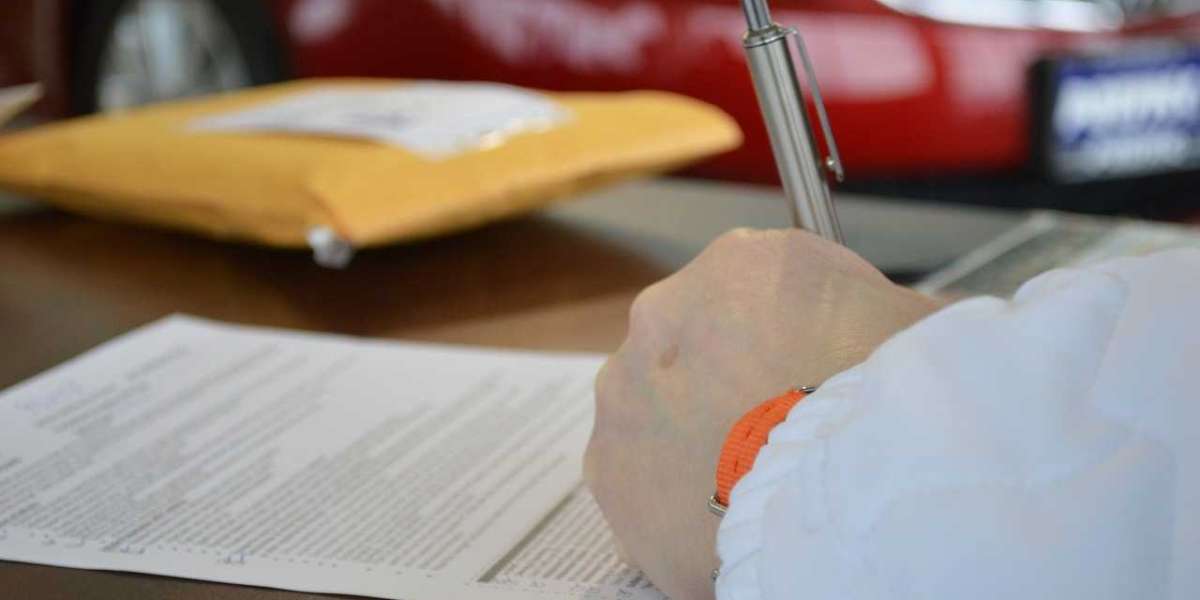Debt consolidation can be a smart financial strategy to manage multiple high-interest debts by combining them into a single, more manageable loan. A personal loan is one of the most effective tools for consolidating debt. This guide will walk you through the steps to use a personal loan for debt consolidation, helping you achieve financial stability and peace of mind.
What is Debt Consolidation?
Debt consolidation involves taking out a new loan to pay off multiple debts. This new loan often has a lower interest rate, which can save you money on interest payments over time. Consolidating your debts can simplify your finances by reducing the number of payments you need to make each month.
Benefits of Debt Consolidation with a Personal Loan
Lower Interest Rates
Personal loans typically offer lower interest rates than credit cards, which can reduce the total amount you pay in interest over the life of the loan.
Simplified Payments
By consolidating multiple debts into one loan, you only need to make a single monthly payment, making it easier to manage your finances.
Fixed Repayment Schedule
Personal loans often come with fixed repayment terms, providing a clear timeline for paying off your debt.
Potential Credit Score Improvement
Consolidating debt can improve your credit score by reducing your credit utilization ratio and making it easier to keep up with payments.
Steps to Use a Personal Loan for Debt Consolidation
1. Assess Your Financial Situation
Before applying for a personal loan, take a close look at your financial situation. List all your outstanding debts, including credit cards, medical bills, and any other loans. Note the total amount owed, interest rates, and monthly payments for each debt.
2. Check Your Credit Score
Your credit score plays a crucial role in determining the interest rate and terms of your personal loan. Check your credit score to see where you stand. If your score is lower than you'd like, consider taking steps to improve it before applying for a loan.
3. Research Lenders
Compare different lenders to find the best personal loan for debt consolidation. Look for lenders that offer competitive interest rates, favorable terms, and minimal fees. Consider banks, credit unions, and online lenders.
4. Get Prequalified
Many lenders offer a prequalification process that allows you to see potential loan terms without impacting your credit score. Use this process to compare offers from multiple lenders and choose the one that best suits your needs.
5. Apply for the Loan
Once you've selected a lender, complete the loan application. Be prepared to provide personal information, proof of income, and details about your existing debts. Ensure that your application is complete and accurate to avoid delays.
6. Use the Loan Funds to Pay Off Debts
If your loan is approved, the lender will disburse the funds to you. Use these funds to pay off your outstanding debts. Be sure to pay each debt in full to avoid any remaining balances or interest charges.
7. Focus on Repaying the Personal Loan
After consolidating your debts, focus on repaying your personal loan. Make your monthly payments on time and in full to avoid late fees and penalties. Consider setting up automatic payments to ensure you never miss a due date.
8. Avoid Accumulating New Debt
To make the most of your debt consolidation efforts, avoid accumulating new debt. Create a budget to manage your expenses and stick to it. Use credit cards responsibly and only for essential purchases that you can pay off in full each month.
Tips for Successful Debt Consolidation
Create a Budget
Develop a realistic budget to manage your finances and ensure you can make your loan payments on time. Track your income and expenses, and look for areas where you can cut back to free up extra funds for debt repayment.
Build an Emergency Fund
Having an emergency fund can prevent you from relying on credit cards for unexpected expenses. Aim to save at least three to six months' worth of living expenses in a separate savings account.
Seek Financial Advice
If you're unsure about the best approach to debt consolidation, consider seeking advice from a financial advisor. They can help you develop a personalized plan to manage your debt and achieve your financial goals.
Monitor Your Credit
Regularly check your credit report to ensure that your debts are being reported accurately and that your credit score is improving. Dispute any errors you find with the credit bureaus.
Conclusion
Using a personal loan to consolidate debt can be an effective way to manage your finances, lower your interest rates, and simplify your monthly payments. By following the steps outlined in this guide, you can take control of your debt and work towards financial stability. Remember to assess your financial situation, research lenders, and develop a budget to ensure the success of your debt consolidation efforts. With discipline and careful planning, you can achieve your goal of becoming debt-free.








